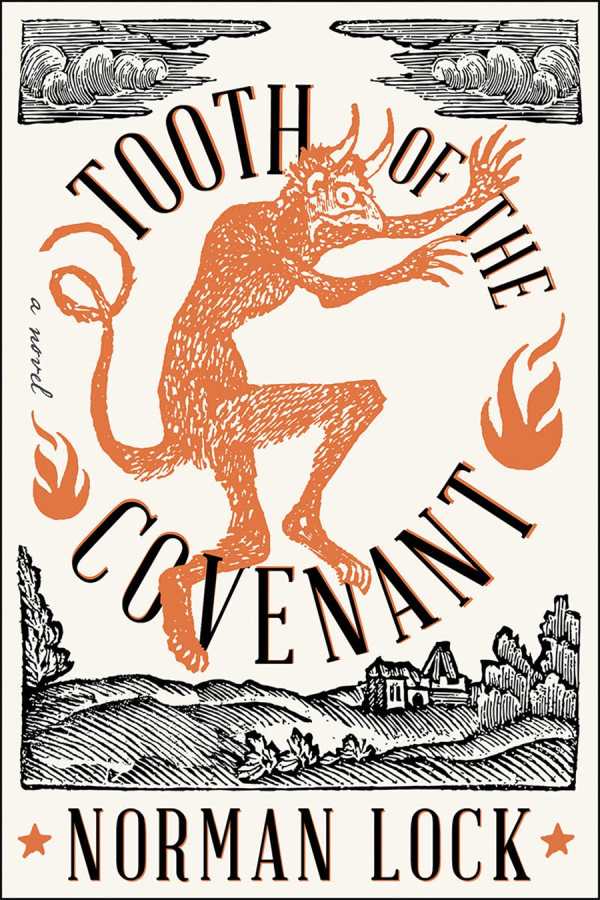Tooth of the Covenant
The American Novels
In Norman Lock’s splendid historical novel Tooth of the Covenant, Nathaniel Hawthorne is troubled by his ancestor’s dark legacy as a harsh, heartless judge.
In 1851, Hawthorne enjoys the positive reception of his most recent work, The Scarlet Letter. But he still feels guilt because of his great-great-grandfather’s involvement in the Salem Witch Trials; that pains him like a “needle in my heart.” Hoping for a literary catharsis, he creates a character, Isaac Page, to represent himself in a phantasmagorical story.
Isaac, along with a pair of antique spectacles (which belonged to the judge) and a coin from the present year (as a talisman that can return him home), journeys to Salem circa 1692. There, he finds work as a carpenter and confirms that “a pack of ‘afflicted’ girls” is making accusations of witchcraft. Though Isaac’s purpose is to stop the local reign of terror, he often finds himself overwhelmed by his alternative environment. He suffers from headaches, nausea, and homesickness, none of which is helped by the era’s greasy “suet puddings” and fried eels.
As the weeks pass and the trials continue, the spectacles begin to warp Isaac’s perspective. Like the judge, Isaac becomes judgmental and intolerant, until the discovery of the “future” coin from 1851 brings him under suspicion of being the devil himself.
Lock masters the interplay between nineteenth-century Hawthorne and his fictional surrogate, Isaac, as he travels through Puritan New England. The historical details are immersive and meticulous, and Hawthorne’s eloquent narration is both repentant and wry. Following this harrowing mission, Isaac and Hawthorne promise to never be “melancholy” again, and to write only “tales of sunny piazzas in Rome.”
A flourish of literary time travel, Tooth of the Covenant creates parallel universes that challenge history’s fixed scope.
Reviewed by
Meg Nola
Disclosure: This article is not an endorsement, but a review. The publisher of this book provided free copies of the book to have their book reviewed by a professional reviewer. No fee was paid by the publisher for this review. Foreword Reviews only recommends books that we love. Foreword Magazine, Inc. is disclosing this in accordance with the Federal Trade Commission’s 16 CFR, Part 255.

